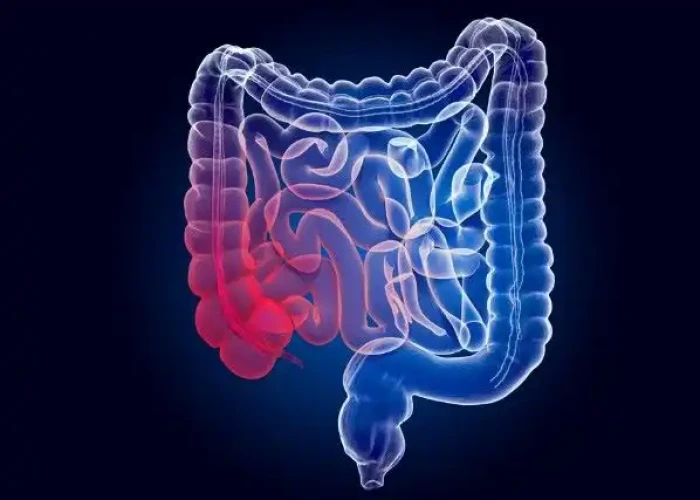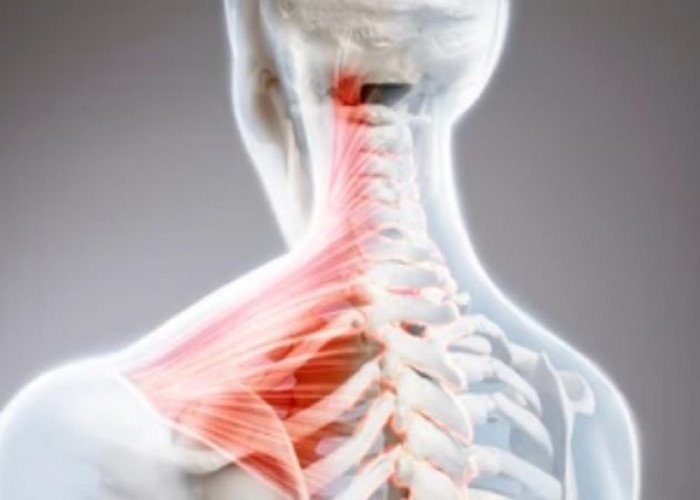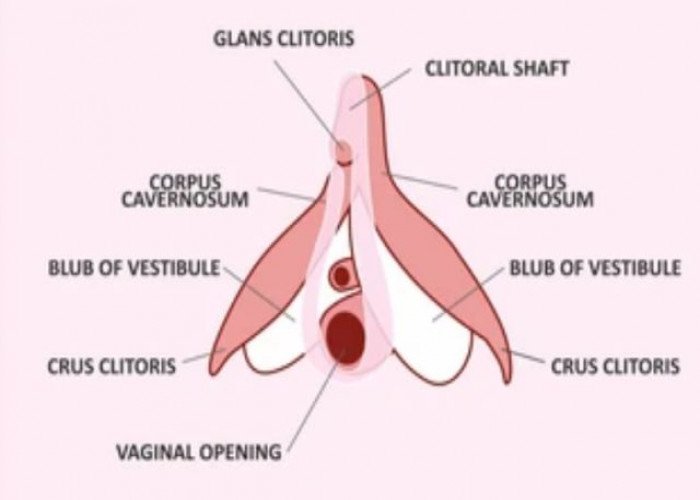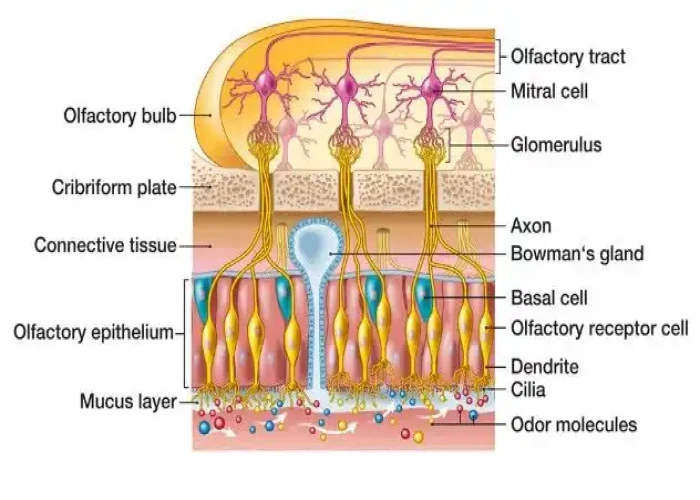 Welcome
Welcome
“May all be happy, may all be healed, may all be at peace and may no one ever suffer."
- A
- B
- C
- D
- E
- F
- G
- H
- I
- J
- K
- L
- M
- N
- O
- P
- Q
- R
- S
- T
- U
- V
- W
- X
- Y
- Z
Brainstem - Diseases
The brainstem is the lower part of the brain that connects the brain to the spinal cord. It is responsible for controlling several important functions that are essential for survival, such as breathing, heart rate, blood pressure, and digestion.
The brainstem is composed of three main structures: the medulla oblongata, the pons, and the midbrain. The medulla oblongata is the lowest part of the brainstem and controls vital functions such as breathing, heart rate, and blood pressure. The pons is located above the medulla and is involved in regulating sleep, respiration, and facial movements. The midbrain is the uppermost part of the brainstem and plays a role in vision, hearing, and motor control.
Diseases and conditions that can affect the brainstem include stroke, traumatic brain injury, brain tumors, multiple sclerosis, and degenerative diseases such as Parkinson's disease. Damage to the brainstem can result in serious and life-threatening complications, such as respiratory failure, cardiac arrest, or coma. Treatment for brainstem disorders may involve medications, surgery, physical therapy, or other specialized therapies, depending on the underlying cause and severity of the condition.

Muscles

Duodenum intestine

Neck

Nose

Clitoris

Skin

Olfactory epithelium

Retina Eye
Brainstem, Brain stem parts, Brain stem function, ব্রেনস্টেম
To be happy, beautiful, healthy, wealthy, hale and long-lived stay with DM3S.